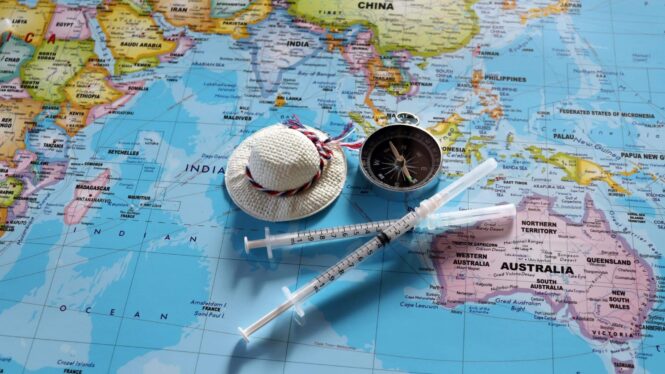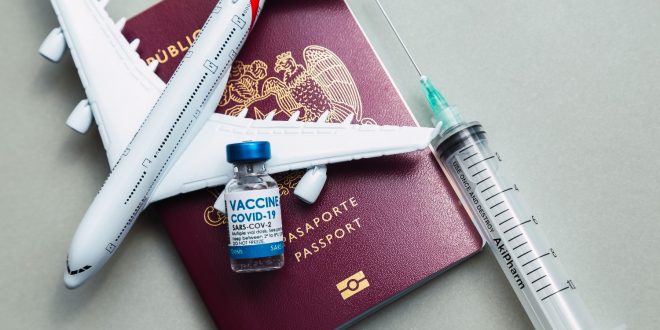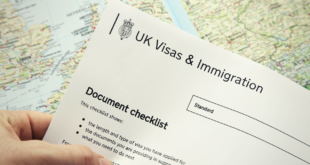The rules around travel have varied and fluctuated greatly over the last 18 months as the coronavirus pandemic has closed borders, struck down travel businesses and introduced hefty quarantine periods upon entry to different territories. Now, all eyes in the UK seem focused on 19th July; or, as it’s been nicknamed by the press, Freedom Day. On this date, social distancing ends and mask wearing is no longer mandatory. But how will this affect those travelling into the UK? We investigate.
The Current Coronavirus Restrictions for Travellers Entering the UK

At present, safety restrictions for travellers entering the UK from abroad is dictated by a government-set traffic light system. Every country and territory is categorised in to green, amber or red and must abide by the rules for each category when they arrive back in the country. All require privately purchased PCR covid-19 tests to be booked and paid for before departure, and can be bought from from official suppliers such as medicspot.co.uk. Currently, none of the traffic light categories make specific exemptions for those who have received a coronavirus vaccine.
Those travelling from a green list country must take a covid-19 test before departure and book and take a test on day 2 of their arrival in the UK. There is no requirement for quarantine unless either of these tests are returned with a positive result. Children aged 4 and under do not need to take a test.
Those travelling from or through an amber list country must take a covid-19 test before departure and book and take tests on both day 2 and day 8 of their arrival in the UK. A quarantine must be adhered to until the day 8 test has been returned as negative, but an earlier ‘test to release’ option is available on day 5. If this test is returned as negative, the enforced quarantine period ends. The government will remain in regular contact with all travellers from amber list countries through their quarantine period.
Those travelling from or through red list countries face the toughest restrictions and must pay to quarantine in a government-supplied hotel facility. A test must be taken before departure, on day 2 and on day 8 of arrival back in the UK, and there is no early ‘test to release’ option. If a government-approved hotel quarantine facility has not been booked and paid for, entry to the UK may be refused.
Travel around the ‘Common Travel Area’ — the UK, Ireland, the Channel Islands and the Isle of Man — is entirely free of travel restrictions and quarantine periods provided that the traveller has not left the area within a 10-day period prior to transit.
Post-Freedom Day Coronavirus Restrictions for Travellers Entering the UK

The UK government have announced that from July 19th, the restrictions around travelling into the UK will change. There will be no change for those returning from green or red categorised countries, nor for those who are unvaccinated (if aged 18+).
From 4am on July 19th, those travelling from or through an amber list country who have been fully vaccinated with an NHS administered vaccine at least 14 days prior to travel (or who are part of a formally approved UK vaccine clinical trial) will no longer be required to quarantine upon their return to the country. Proof of vaccination status must be provided prior to travel, and the NHS app can be used for this purpose, provided the travel company is willing to accept it. The requirement for pre-departure testing and day 2 testing will remain, but there will be no enforced quarantine period or day 5/8 test.
Those who have not received both doses of an NHS administered vaccine (or a single dose of the Johnson & Johnson inoculation) will be required to continue with the standard amber list coronavirus travel restrictions – a test in advance of departure, a day 2 and 5/8 test, and an enforced quarantine period throughout. Those who are unvaccinated but wish to receive an inoculation before travel in order to avoid quarantine are able to book a vaccination at their earliest convenience through their local NHS providers, but will need to have received both doses of their vaccine at least 14 days prior to their departure.
Covid-19 Vaccination Programme in the UK

The NHS’ covid-19 vaccination programme has seen over 80 million British citizens vaccinated and over 30 million now fully inoculated – just over 50% of the population. Vaccinations are free of charge and supplied on the NHS to anyone over the age of 18, either through a booked appointment or local walk-in clinic.
There are currently three coronavirus vaccines being administered across the UK: Astra Zeneca (for anyone aged 40+), Pfizer and Moderna. A fourth ‘single jab’ vaccine created by Johnson & Johnson is set for imminent introduction. All vaccines administered on the NHS are synced across a national vaccination database and linked with individual medical records. This allows for an individual’s vaccine status to be evidenced through their personal files and through the new NHS smartphone app for portable documentation.
The vaccination programme across the UK has been rolled out in priority order thus far, starting with those clinically vulnerable and elderly before passing through lowering age groups. Now, the vaccine is available to anyone who ‘opts in’ over the age of 18. Those who did not receive the vaccine when first offered it, for whatever reason, are still able to attend for their inoculation and are encouraged to do so as a priority.
Elsewhere in the world, countries and territories are beginning to open up their borders and services to those with either negative test results, positive antibodies or a full vaccination. While the UK has yet to fully open its borders to anyone due to its stringent quarantine requirements, it is likely that similar policies will be enacted. A short, sharp jab could save your life – and open up a whole world of travel possibilities.
 Imagup General Magazine 2024
Imagup General Magazine 2024



